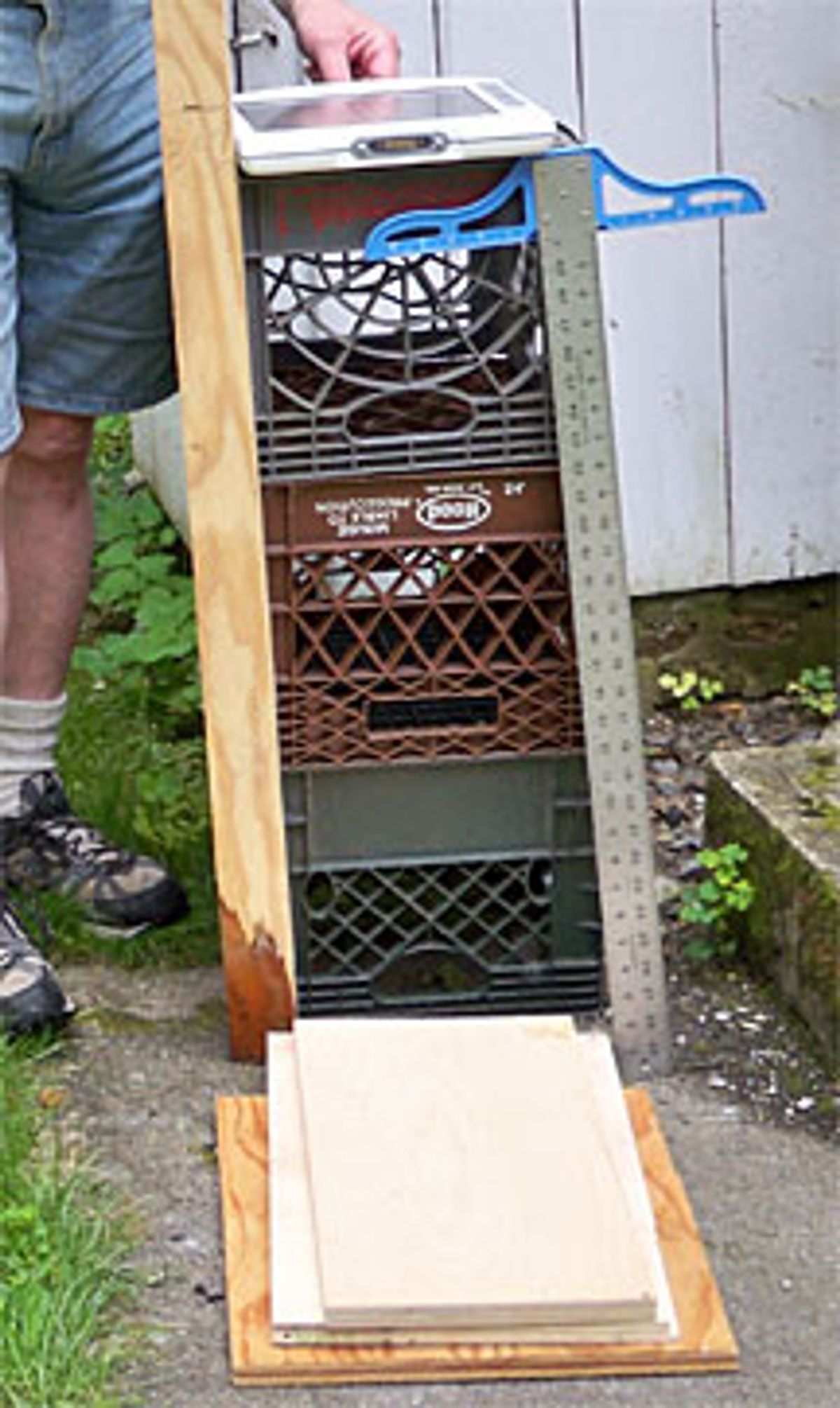According to GammaTech Computer Corp., its "fully rugged" MT10 Durabook tablet can survive being dunked underwater, chilled below freezing, and dropped from a lectern—a lot more abuse, in other words, than the falls from desks and minor liquid spills that merely "business rugged" notebooks are supposed to take.
When it came time to put its money where its marketing claims are, though, the company wouldn’t authorize us to put the loaner unit it provided through any paces that went beyond business-class-rugged drop-and-spill tests.
That’s too bad. We had requested a unit for the explicit purpose of testing the machine’s additional survivability, because there’s an ever-growing need in the workplace for ever more durable notebooks. Indeed, the MT10’s full name is "Durabook Mobile Clinical Assistant for Health Care Professionals."
In addition to medical first responders, thousands of other workers—police, on-site insurance adjusters, health inspectors going into meat lockers, phone, video, and electrical field-service technicians—would benefit from laptops that aren’t defeated by rain, snow, dirt, dust, sand, extreme heat or cold, or vibration. Yet of the more than 140 million notebooks sold annually, only about 1 percent are semi- or fully rugged [see sidebar, "What Does 'Rugged' Mean? "], says computer analyst Roger L. Kay, founder of Endpoint Technologies Associates, in Wayland, Mass. Most of these are made by Panasonic. Dell is a distant second, followed by HP, Lenovo, GammaTech, Getac, and General Dynamics Itronix.
Ruggedization can add weight and cost, two things that mobile workers—and their employers—are sensitive to. Getac’s B300, with a 13.3-inch screen, weighs 3.5 kilograms (just under 8 pounds); the even heftier Panasonic Toughbook 30 tips the scales at 3.8 kg. The Durabook MT10, however, at 1.5 kg, is as light as an average nonruggedized laptop. According to GammaTech marketing director Paul Kim, that’s because of its frame design and a magnesium-alloy that make it "20 times stronger than most normal notebooks."
In addition to magnesium-alloy casings and chassis, many vendors use shock-mounting or free-fall-sensing accelerometers to protect the hard drive—or solid-state drives instead of spinning disks. (Durabook adds rubber protection for its hard drive.) A fully ruggedized system is likely to cost two to four times as much as its business- or consumer-class counterpart. For one thing, the sealing of ports and other openings to keep out liquids, dust, and dirt—"ingress protection"—requires that the laptop be designed without a fan; most fanless computers use components that are less powerful. According to Kim, the Durabook MT10 "can withstand a drop from 1.2 meters [about 4 feet] and functions in humidity levels as high as 90 percent and as low as 10 percent...is fully sealed and resistant to alcohol (80 percent or less), bleach, iodine, and common hospital disinfectants...operates in temperatures between 5 °C and 35 °C and can be stored in temperatures between –20 °C and 60 °C."
The MT10 can also be submerged—"the only one in the market that can be," Kim says. Dunking and washing can even be done while the machine is on. "I do it all the time," Kim told me in a phone interview, and the company has a YouTube video of the unit partially immersed in a fish tank. Yet the company refused to give me permission to do it myself.
I was allowed to pour 100 cubic centimeters of tap water onto the powered-off tablet, a test of limited value given the absence of a keyboard.
After I toweled it off, the machine booted up with no problems. With the help of a friend, I also dropped it from a height of 0.9 meters onto a piece of 5-centimeter-thick plywood over concrete. After two such drops, the machine again booted up.
Just for fun, I powered the machine on, tuned it to a streaming public radio station, and dropped it a few times on my floor, from about 2 feet (0.6 meters). The accelerometer kicked in and parked the hard drive, and the machine kept working.
A full test of beyond-business-ruggedness would have included dunking the Durabook in a sinkful of water, leaving it in the freezer overnight, and running it through the dishwasher. Alas, despite repeated requests, GammaTech refused to authorize these tests. This doesn’t speak well of the company’s confidence in its products. So now I’m shipping it back—it survived the drop tests, so I’m pretty confident it will handle courier ground service.
About the Author
Daniel P. Dern is a frequent contributor to Spectrum. In June 2009 he wrote about the latest spate of featherweight laptops and in September 2009 about ways to speed the boot-up process.
To Probe Further
Panasonic provides detailed information on its Web site about MIL-STD-810F and on Ingress Protection (IP54) certification and testing.
Daniel P. Dern is a freelance journalist. He writes about the careers of engineers as well as a variety of technology topics.




